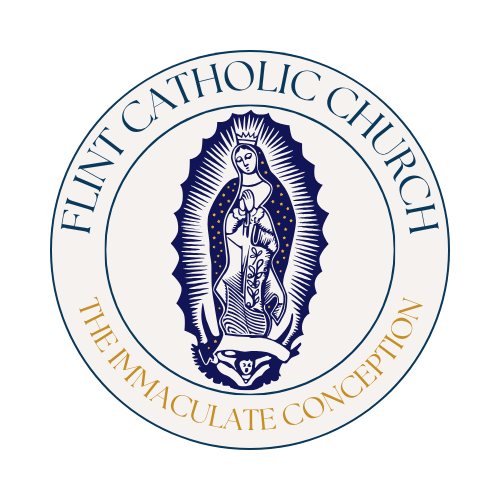Prayer
Prayer lies at the very heart of the life of the Church and is the foundation of Christian discipleship.
What is prayer?
For me, prayer is a surge of the heart; it is a simple look turned toward heaven, it is a cry of recognition and of love, embracing both trial and joy. (St Thérèse of Lisieux)
From the Catechism of the Catholic Church:
…a vital and personal relationship with the living and true God (CCC 2558)
…prayer is the encounter of God’s thirst with ours (CCC 2560)
…prayer is the living relationship of the children of God with their Father who is good beyond measure, with his Son Jesus Christ and with the Holy Spirit…Thus, the life of prayer is the habit of being in the presence of the thrice-holy God and in communion with him. (CCC 2565)
These quotations describe an encounter or relationship with the Lord. This is what we seek in prayer. In other words, it is not about ‘saying our prayers’ but encountering God. This is the kind of prayer that takes us from knowing on an intellectual level that God exists and that he loves us to experiencing his love first-hand.
Prayer lies at the very heart of the life of the Church and is the foundation of Christian discipleship. In prayer we relate to God with the whole of our being: with heart, mind, body and soul. Prayer will always be a journey of discovery where we continue to be surprised by God.
This page introduces some of the ways Catholics have found to help them grow closer to the Lord. There are many more and discovering them is part of the adventure of Christian life.
Lectio Divina
Through the study of books, one seeks God; by meditation, one finds him (St Pius of Pietrelcina).
To meditate is to reflect on or think about God. When we meditate, we keep our attention and focus on God so that we can recognise his presence in our daily lives and respond to what God is asking of us.
When we meditate, a variety of things can help us to concentrate and to spark our imaginations. We may use Scripture, particularly the Gospels; traditional prayers; writings of the spiritual fathers or religious images.
Meditation, also known as reflective prayer, leads us to conversation with God. Remembering that we are in God’s presence, we can listen to him speak to us. We enter into God’s sacred time and space and know that he is with us at all times and in all places.
One particular method of prayer, Lectio Divina (Sacred Reading of Scripture), combines reading of the Bible with contemplative and meditative prayer. You can find out more about here:
The Rosary
The Rosary is a Scripture-based prayer. It begins with the Apostles' Creed, which summarises the great mysteries of the Catholic faith. The Our Father, which introduces each mystery, is from the Gospels. The first part of the Hail Mary is the angel's words announcing Christ's birth and Elizabeth's greeting to Mary.
The Mysteries of the Rosary centre on the events of Christ's life. There are four sets of Mysteries: Joyful, Sorrowful, Glorious and Luminous.
The repetition in the Rosary is meant to lead one into
restful and contemplative prayer related to each Mystery. The gentle repetition of the words helps us to enter into the silence of our hearts, where Christ's spirit dwells. The Rosary can be said privately or with a group.
There's a guide to praying the Rosary:
Stations of the Cross
Also known as The Way of the Cross, this is a devotion to the Sacred Passion in which we accompany, in spirit, our Blessed Lord in his sorrowful journey from the house of Pilate to Calvary, and recall, with sorrow and love, all that took place from the time when he was condemned to death to his being laid in the tomb.
We meditate devoutly on the Passion and Death of our Lord as we move around the Stations in the Church.
Contemplative Prayer
When we rest quietly in God’s presence, we engage in contemplation. In contemplation we spend time with God in wordless silence, aware that he is with us.
To understand how contemplation occurs, we can compare it with thinking on – or contemplating – the smile of a baby or the change of colour of trees in the autumn. We are conscious of its impact on us, but our reaction is often wordless.
When we experience God personally, we feel his love and wait for him to speak to us in his own way. The key is to make time to relax and listen in God’s presence, to seek union with the God who loves us.
It can be especially powerful to spend time before the Blessed Sacrament in the Tabernacle or exposed on the altar. As the famous hymn Sweet Sacrament Divine puts it:
Sweet Sacrament of peace,
dear home for every heart,
where restless yearnings cease
and sorrows all depart;
there in thine ear all trustfully
we tell our tale of misery:
sweet Sacrament of peace.


